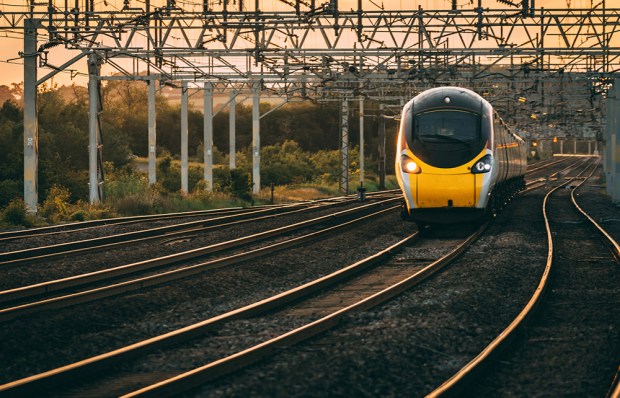My husband, in company with a similarly superannuated medic on the unfamiliar London Underground, was bidden at Baker Street to ‘follow the signage’. When do signs, he wondered, become signage?
At the same level, I suspect, that rooms become roomage. Hardy wrote in his beguiling way: ‘When moiling seems at cease/ In the vague void of night-time, /And heaven’s wide roomage stormless/ Between the dusk and light-time,/And fear at last is formless,/ We call the allurement Peace.’
Suffixes function in a subconscious way. We use them without explicit intent. Signage, roomage or cellarage belong to Type 1 of four types of nouns ending in -age. Signage is the whole caboodle made up of individual signs.
The other three classes of nouns ending in -age are: Type 2, represented by pupillage (denoting a person’s function or situation; Type 3, like wreckage (an action or its result); and Type 4, like corkage (a charge levied on the thing signified by the first part of the word). Language (which we are minding in this column) is Type 1, the whole system of a spoken (afterwards written) tongue. It is true that even the Latin word lingua, from which it derives, includes a sense of the complete system, and the French words langue and langage cover a spectrum of meaning, from one man’s tongue (his idiolect) to the notion of the human faculty of speech, of whatever language.
Type 2 words, like pupillage, often extend their meaning to signify the building where such persons are to be found, such as the vicarage or orphanage. Under Brexit in Name Only, we shall be living in vassalage. The Type 3 word equipage, ‘things with which one is equipped’, was still in the 19th century used of ordinary things like tea equipage. It applies now almost solely to a carriage. Its historical status is reflected in the uncertainty with which many pronounce it. (The stress is on the first syllable and the -age is like that in sausage.)
Type 4 taxes, such as rowage and ballastage, sound quaint. Today our taxes might be called wageage, housage, drinkage, smokage, drivage, fuelage, waterage, sewerage and televisionage, embraced by the two great prongs of the taxman’s tithage: livage and dyage.
Got something to add? Join the discussion and comment below.
Get 10 issues for just $10
Subscribe to The Spectator Australia today for the next 10 magazine issues, plus full online access, for just $10.
You might disagree with half of it, but you’ll enjoy reading all of it. Try your first month for free, then just $2 a week for the remainder of your first year.














Comments
Don't miss out
Join the conversation with other Spectator Australia readers. Subscribe to leave a comment.
SUBSCRIBEAlready a subscriber? Log in